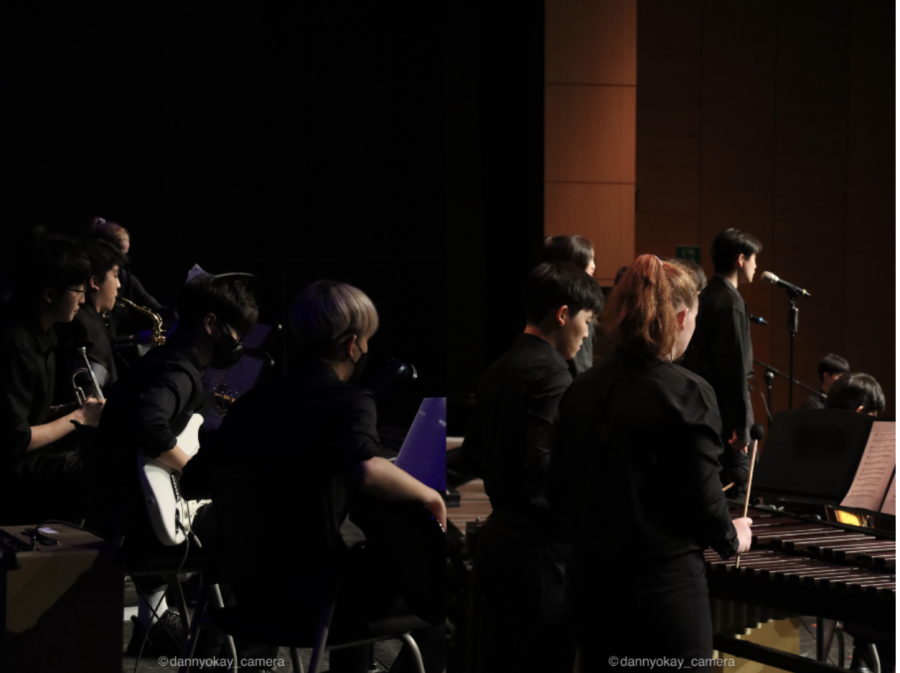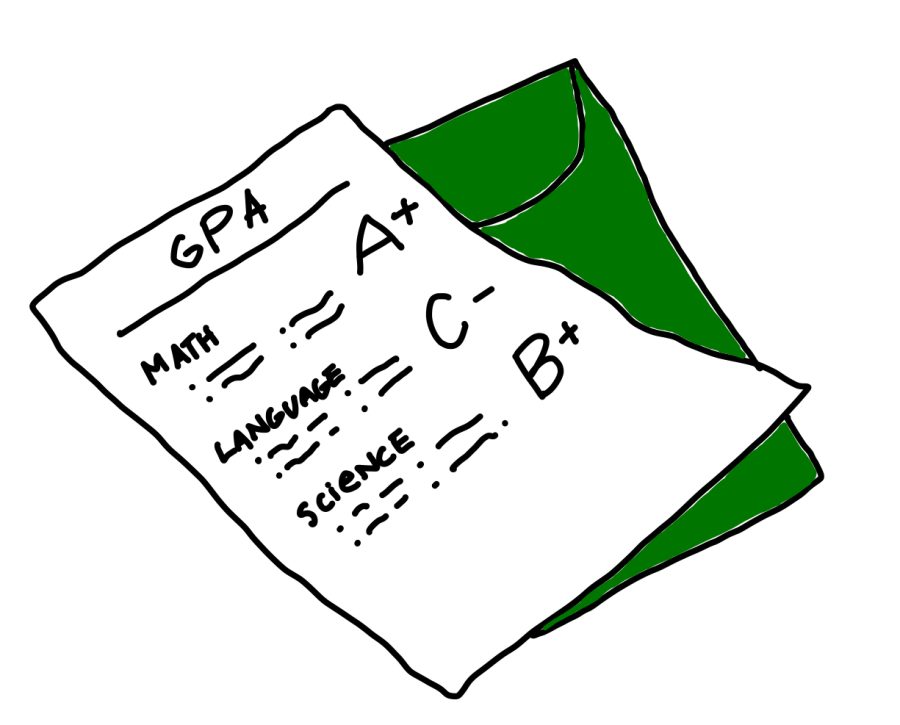Subjective Grading Frustrates Students
When it comes to most subjects like math and science, there is usually a right or a wrong answer. However, other subjects – English in particular – encourage students to express themselves through mediums such as essays. While essay writing is a necessary skill, it creates grading controversies. Questions about the subjective nature of the grading policy at Chadwick International have been ongoing for some time. The school’s system sees each teacher using identical rubrics; however, interpretations of the rubrics differ from teacher to teacher. That is to say, one student’s work is likely to receive a different grade depending on which teacher checks the work. Despite efforts to fix the problem, students continue to be frustrated since they point to an ongoing lack of consistency.
Most students acknowledge that the teachers are doing their best, but the lack of consistency from one teacher to the next certainly needs addressing. Even though they use the same rubrics, it appears teachers are applying their own set of standards for checking work, and students have expressed concerns that this results in an unfair marking system. Steps such as teachers collectively assessing one paper to find a balance before the rest of the papers are marked individually have proven insufficient in tackling the issue. Given the impact the issue has on Chadwick’s harmony, students hold strong opinions about what needs to be done.
A grade 10 student, “Kim” (name redacted for anonymity), reflected the general consensus when she noted that “all teachers seem to grade differently, regardless of the rubrics.” To explain her point further she added, “I knew when I was placed in one particular teacher’s class that my grade would drop.” When pressed on the issue, Kim implied that students know which teachers grade more strictly and which teachers are more lenient: “To be honest, everyone knows if you’re in Teacher A’s class, you’ll get a lower grade than if you’re in Teacher B’s class.” A classmate of Kim’s agreed with her. Moreover, he added, “Most of us aren’t questioning which teacher is better or worse, it is simply that grades are critical to our future opportunities.” This student consensus repeats itself throughout the school.
Despite their frustrations, students do recognize that the issue is complex and hard to resolve. Another grade 9 student, Lee, explained, “The problem is that it’s really hard to fix.” She went on to say, “If rubrics are made too tight, students will lose their autonomy when writing essays.” However, a different student questioned why teachers don’t “grade all the papers together rather than just one paper.” While it seems this could be an effective approach, it would take a great deal of time, which would add to teachers’ already busy schedules.
Evidently, this issue is going to continue to weigh heavily on the school until a method is found that satisfies both the students and the teachers. There will always be controversy when it comes to more subjective forms of evaluation, but by working together, a solution needs to be uncovered to improve the school’s reputation and to put students’ concerns at rest.

Hello! I am Claire Kim, a journalist in the Bell Tower Magazine division. This is my second year in CI Journalism and my second year in the Bell Tower...














